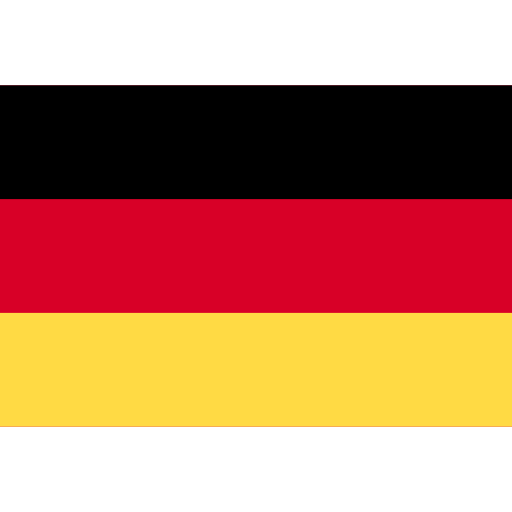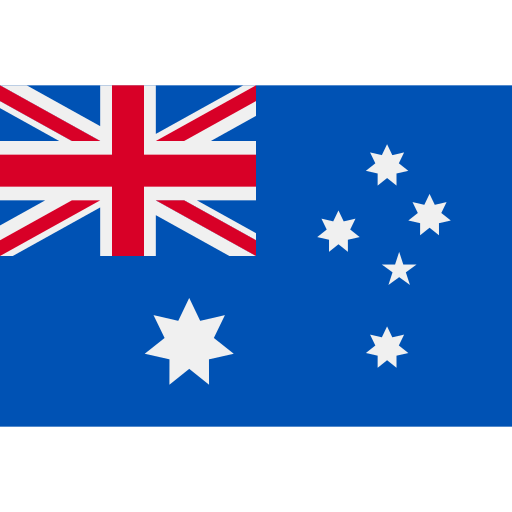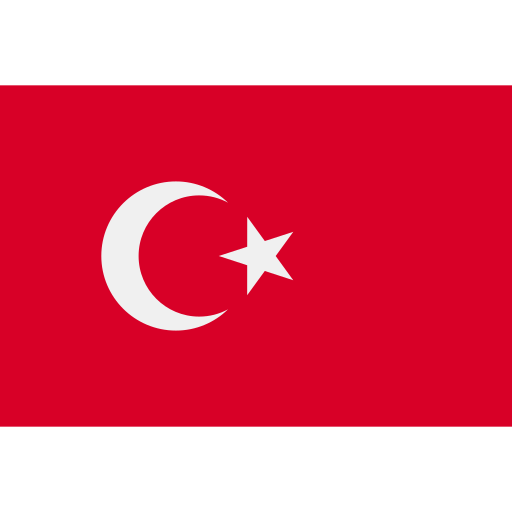World Cup Worries Mount With 100 Days (They Mean It This Time) to Go
[ad_1]
At a flashy ceremony on Nov. 21 last year, some of Qatar’s most senior officials, including the Gulf nation’s prime minister, joined the FIFA president Gianni Infantino, top soccer executives and invited guests for a celebration. They gathered on Doha’s corniche, the sweeping promenade that hugs the city’s shimmering waterfront, to unveil an ornate countdown clock and to mark a milestone: the day they were celebrating was precisely one year before the opening of the 2022 World Cup.
Infantino, who now resides in Qatar, offered exultant praise for his hosts. He said their preparations for the event — roughly $200 billion in investments since Qatar was awarded the tournament in 2010 — were beyond compare: So good, in fact, that Infantino, a veteran soccer administrator, declared that he had “never witnessed anything like what is happening here.”
Infantino’s bullish language might now better describe something few in soccer have seen before: the state of uncertainty and rising concern that surrounds several elements of the tournament affecting fans, sponsors and broadcasters. Not least of them? That organizers just this week agreed to change the day the World Cup will actually begin.
World Cup organizers made the unprecedented and stunning request to reschedule the start of the tournament — to Nov. 20, from the long-planned date of Nov. 21 — in order to give Qatar, as the host, pride of place in the opening match. The request was approved unanimously by top FIFA officials on Thursday, only months before the tournament kicks off and just hours before a series of events marking 100 days to kickoff was set to begin.
Moving the date of the opening game, and shifting the kickoff time of another match the next day, will disrupt plans made by teams, fans, sponsors and broadcasters and even the tournament’s marketing staff, which has spent millions of dollars buying advertising space around the world to mark the 100-day countdown to the World Cup — a milestone now shifted forward to Friday — in signage wrapping buses and taxis in major capital cities around the world. All of those campaigns, as of Thursday, suddenly proclaimed the wrong date for the opening game.
“The change ensures the continuity of a longstanding tradition of marking the start of the FIFA World Cup with an opening ceremony on the occasion of the first match featuring either the hosts or the defending champions,” FIFA said in a statement announcing the schedule change. It did not elaborate on why it had not planned for the eventuality during any of the 12 years since Qatar was first awarded hosting rights in a controversial vote in 2010.
The last-minute schedule change, though, is only the latest high profile question that is adding to a growing air of uncertainty, inside and outside Qatar’s World Cup organization, about the ability of the tiny gulf nation — the smallest ever to host the World Cup — to pull off a tournament.
Three months before the tournament, for example, Qatar has yet to unveil concrete plans about the kind of experience fans can expect during their visits, including what they will need to enter the country; where they will stay when they arrive; how the police will handle violations of Qatari laws about public behavior; and where and how fans will be able to consume alcoholic beverages in Qatar, a conservative Muslim country where the sale of alcohol is tightly controlled and where the public consumption of it is almost nonexistent.
How the tournament — with more than one million visitors expected to visit — will be secured also still has not been articulated. Qatar has signed policing agreements with several nations, notably Turkey, which in January said it would be providing more than 3,000 security personnel, including riot police, for a tournament in which fans of the 32 competing nations — some of them bitter rivals — will rub shoulders for weeks in an area smaller than the state of Connecticut.
Unofficially, Qatari officials have said the imported security officers will not be in direct contact with fans. But so far — and unlike for previous World Cups — scant detail on that matter, and several others, has been publicly available.
There have also been concerns about accommodations, with delays in the release of rooms to the public and fans reporting a lack of availability on a portal reserved for ticket-holders, who are expected to be the only foreigners who will be allowed to enter Qatar during the monthlong World Cup.
Read More on the 2022 World Cup
- A Last-Minute Change: Only months before the tournament, FIFA is considering a request for the event to start one day earlier, allowing Qatar to be featured in the first match.
- Chile’s Failed Bid: The country’s soccer federation had argued Ecuador should be ejected from the tournament to the benefit of the Chilean team. FIFA disagreed.
- Golden Sunset: This year’s World Cup will most likely be the last for stars like Lionel Messi and Cristiano Ronaldo — a profound watershed for soccer.
- Senegalese Pride: Aliou Cissé, one of the best soccer coaches in Africa, has given Senegal a new sense of patriotism. Next up: the World Cup.
Those who have managed to find accommodations, which can only be booked after fans have paid for tickets, have complained about high prices even in the rare cases where they have found availability.
Ronan Evain, the executive director of Football Supporters Europe, an umbrella organization of fan groups, said the numbers of official fan groups traveling to Qatar to support European teams most likely will be significantly lower than for the last World Cup, which was held in Russia. The defending World Cup champion France, in one example, expects only 100 fans to attend as part of its official supporters group.
Other fan groups, Evain said, are considering flying in and out of Qatar for matches because they have concluded doing so would be cheaper, and easier, than staying in Qatar. Germany’s fan club has already said it will be commuting to games from Dubai. “I don’t think they realize how problematic their accommodation situation is,” Evain said. “The whole system to book accommodation is so unclear ticket-holders are reluctant to book.”
Qatar officials acknowledged there had been fan concerns about accommodation and would continue dialogue with supporter groups to resolve them.
At the same time, representatives of some participating teams are discovering that finding space for players to socialize outside of their hotels in such a small geographic area has been an issue. “I don’t know if they get out of the hotel, they will be surrounded with thousands of fans,” said Iva Olivari, the team manager for Croatia.
“I cannot tell you exactly what we are facing,” she added. “We will have to deal with it when we get there.”
For FIFA’s partners, the continuing uncertainty has been an unrelenting challenge. The last-ditch change to the tournament’s start date is expected to create chaos for the plans crafted months in advance by sponsors, according to Ricardo Fort, the former longtime sports marketing head at Coca-Cola.
“They invited and confirmed hospitality guests, booked flights and hotels, and contracted with all necessary logistics,” Fort wrote in a Twitter post. “Imagine changing it all!”
Officials in Qatar’s organizing committee have by now gotten used to such last-minute and sometimes inexplicable revisions to plans that were months in the making. In 2019, for example, staff members who had prepared a detailed marketing and communication plan to announce the opening of what was to be the al-Wakrah stadium were stunned to discover — only minutes before the country’s emir arrived to open the venue — that he had taken to social media to say it would instead be called the al-Janoub stadium.
At other times, Qatar and its ambassadors have been their own worst enemies. Asked on a call with reporters last year about how many migrant workers have died on construction projects, a question that organizers have faced since work first began on World Cup projects almost a decade ago, Nasser al-Khater, the chief executive of the organizing committee, appeared to guess at the number before being corrected by a staff member. In April, World Cup officials had to provide clarifications after a senior security official told a reporter that rainbow flags, a symbol of gay rights, could be seized from fans for their own protection.
To help tell its story, Qatar also enlisted — at great expense — a group of former soccer players, most prominent among them David Beckham, the former England captain. But despite receiving millions of dollars to bless Qatar’s World Cup project with his fame, Beckham has proved to be a reluctant advocate, preferring to attend events only when the news media is not present. Beckham has never said publicly why he signed up to endorse the tournament, and his spokeswoman did not respond to a request for comment.
This week brought a new crisis over the tournament’s start date. FIFA’s secretary general, in the letter sent to top soccer leaders to convince them to agree to the date change, said FIFA had assessed the commercial and legal effects of moving Qatar’s opening game against Ecuador forward one day and “determined that any risk is sufficiently outweighed by the value and benefits of the proposal.”
Some fans, though, will be left disappointed. In addition to shifting Qatar’s game, FIFA also moved the time of a game between Netherlands and Senegal set for the original opening day, Nov. 21, to an evening kickoff from its original afternoon start.
Martín Bauzá, a New Yorker, said that would mean he could no longer use the tickets he has bought for the Netherlands game, because he also has tickets for the United States-Wales match that begins an hour after it ends. And he probably will not be the only one grumbling.
“I would imagine it would cause a few headaches for broadcasters,” said Graham Fry, chairman of IMG’s production unit, a veteran of major event coverage.
“They would have already planned programming for that day, scheduled previews for the World Cup,” he added, noting such decisions often must be made months in advance.
Qatari officials said they would work with FIFA “to ensure a smooth tournament for the supporters affected by the change.”
Another issue of direct interest to many fans — the plan to serve alcohol at the World Cup — has still not been articulated, despite months of discussions and even though one of FIFA’s biggest partners is Budweiser, which expects its products to be available to supporters across World Cup sites.
The most recent proposal, which has yet to be made public, is for beer to be sold after the security check outside stadiums but not inside the stadiums themselves. Fans also will be able to drink at fan parks, but at the moment that privilege will only be available at certain times of the day. Which times? World Cup organizers still have not said.
As months shrink to weeks and then days, insiders know, the scrutiny of Qatar will only increase. But for now they have a more immediate problem: They need to find someone to change all the clocks.
[ad_2]
Read More:World Cup Worries Mount With 100 Days (They Mean It This Time) to Go

 Canada
Canada Japan
Japan Germany
Germany Australia
Australia United States
United States United Kingdom
United Kingdom China
China France
France Ukraine
Ukraine Russia
Russia Turkey
Turkey
Comments are closed.